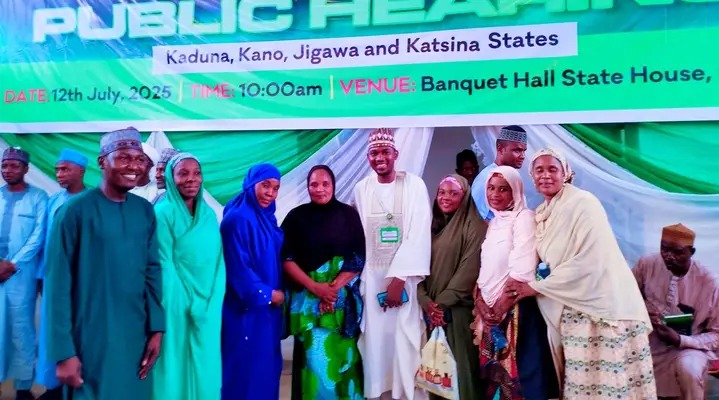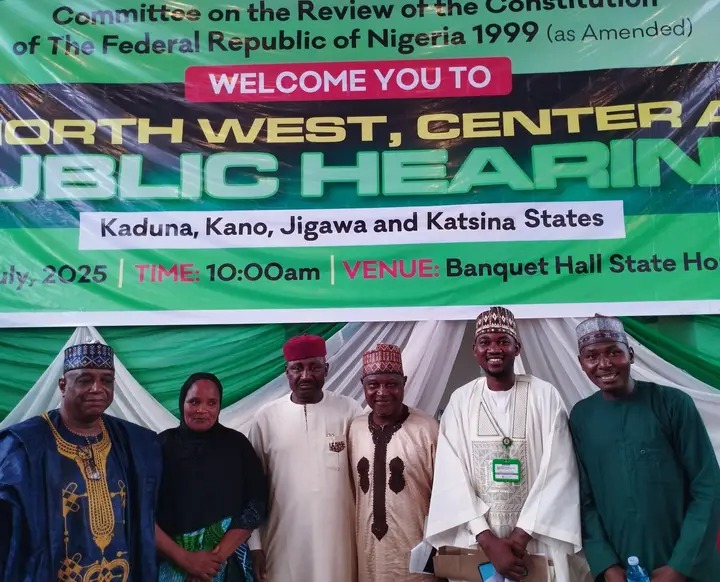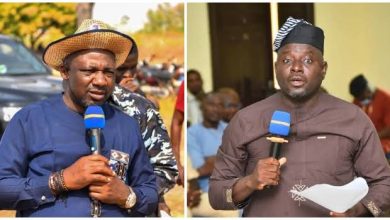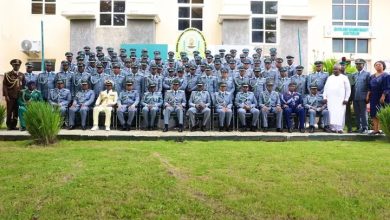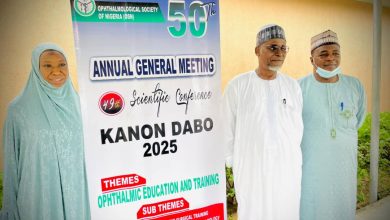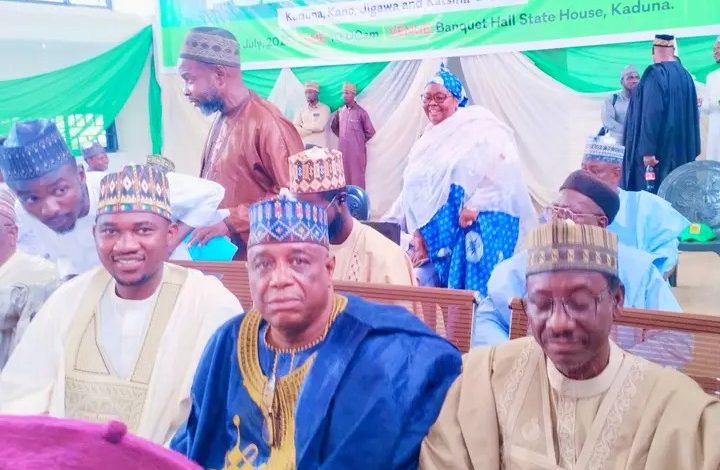
Leaders from Rigasa Ward in Kaduna State have renewed their call for the creation of Rigasa Local Government, citing the area’s large population, economic potential, and key federal infrastructure as compelling justification.
Speaking to journalists during the Northwest Zonal Public Hearing on the Constitutional Review held on Saturday in Kaduna, Honourable Auwal Orbit, Councillor representing Rigasa Ward in Igabi Local Government Area, led the Rigasa Elders Forum in making a strong case for administrative restructuring.
“Rigasa is home to an estimated population of over three million residents. It hosts critical federal infrastructure, including the Kaduna–Abuja Train Station, borders the Nigerian Defence Academy (NDA), and lies in close proximity to the Kaduna International Airport, managed by FAAN,” Orbit said. “These are sufficient indicators of strategic relevance, making Rigasa more than qualified for local government status.”
Read Also:
Kaduna State Hosts NWDC Leadership, Pledges Support for Regional Development
He also used the opportunity to advocate for local government autonomy, describing it as a necessary step toward improving governance, service delivery, and grassroots development.
“An independent and empowered third tier of government will reduce poverty, generate employment, strengthen local security, and empower our youth and women,” he stated. “It also serves as an essential training ground for Nigeria’s future leaders.”
Orbit also called for 20% reservation of elective and appointive positions for women, emphasizing that gender inclusion is vital for achieving balanced and sustainable national development.
The public hearing, which took place at the General Hassan Usman Katsina Hall, brought together hundreds of political leaders, civil society organisations (CSOs), traditional rulers, and key stakeholders from across the Northwest to deliberate on constitutional amendments that would better reflect the needs of Nigerians.
Describing the exercise as a “moment of national reckoning,” Orbit urged lawmakers and stakeholders to rise above partisan interests and focus on people-centered reforms.
“Our Constitution must no longer serve as a tool of convenience for the powerful but rather a true charter of empowerment for the people,” he said. “This hearing goes beyond technical deliberation, it is about defining our identity, our values, and the kind of future we collectively envision.”
He expressed hope that the inputs shared would receive due consideration in shaping a more inclusive and responsive Nigeria.
Photo News:
